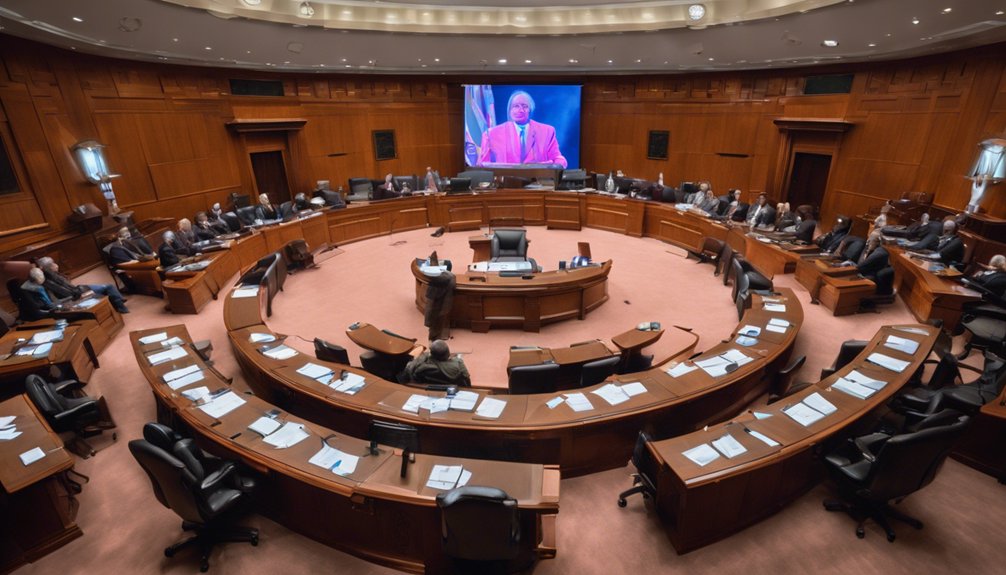Iowa Bill Seeks to Remove Gender Identity From Civil Rights Act, Reclassify as Disability


Iowa lawmakers are proposing a bill to remove gender identity from the Iowa Civil Rights Act and reclassify it as a disability. This change could weaken legal protections for LGBTQ+ individuals, increasing the risk of discrimination in employment, housing, and public accommodations. The shift may also foster societal stigma and divide communities. Understanding the implications of this legislation is essential for Iowa residents who value civil rights and equality. Uncovering the full impact of this proposed change is significant for informed discussion.
As Iowa lawmakers debate a new bill regarding gender identity and civil rights, the implications for individuals and communities are becoming increasingly evident. This proposed legislation seeks to remove gender identity from the Iowa Civil Rights Act, reclassifying it as a disability instead. For you, as a resident or stakeholder in this discussion, understanding the potential impact of this shift is fundamental.
The move to reclassify gender identity raises significant legal implications. By altering the status of gender identity, the bill could undermine existing protections that promote gender equality. For many individuals, these protections are critical for ensuring fair treatment in employment, housing, and public accommodations. If gender identity is no longer recognized as a protected characteristic, you may witness increased discrimination and marginalization of those identifying as LGBTQ+.
Furthermore, this legislation could set a concerning precedent, signaling a retreat from the progress made in civil rights over the past few decades. By redefining gender identity as a disability, the bill risks framing it as an issue that requires special accommodation rather than an inherent aspect of human identity deserving equal rights. This framing could contribute to societal stigma, casting a shadow over the fight for gender equality.
As these discussions unfold, it’s vital for you to reflect on the broader implications for community cohesion and social justice. A society that accepts diversity and equality tends to foster a more inclusive environment, benefiting everyone. Conversely, policies that marginalize specific groups can lead to conflict, division, and a sense of alienation among citizens.
Ultimately, the outcome of this legislation will likely influence not just individual lives but also the cultural landscape of Iowa. As you engage with this issue, contemplate what it means for the future of civil rights and the ongoing struggle for equality. Your voice in this conversation can help shape the trajectory of these significant discussions.
 News and AdvocacyNovember 14, 2025Rainbow Victories: 2025’s Most Pro-LGBTQ+ States Revealed
News and AdvocacyNovember 14, 2025Rainbow Victories: 2025’s Most Pro-LGBTQ+ States Revealed News and AdvocacyNovember 14, 2025Transgender Sanctuary States: Protecting Rights, Providing Hope
News and AdvocacyNovember 14, 2025Transgender Sanctuary States: Protecting Rights, Providing Hope Featured PostsNovember 13, 2025When Restroom Policing Backfires: The Hotel That Went Too Far
Featured PostsNovember 13, 2025When Restroom Policing Backfires: The Hotel That Went Too Far Featured PostsNovember 13, 2025Sex, Safety, and Seduction: A Trans Girl’s Guide to Hookups
Featured PostsNovember 13, 2025Sex, Safety, and Seduction: A Trans Girl’s Guide to Hookups